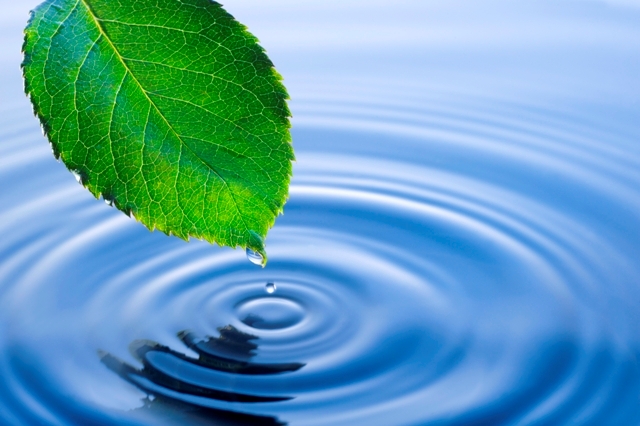 Water to quench our thirst? In Canada we hardly think about it. After all, we have 20% of the world’s fresh water. We don’t realize that most of this is non-renewable water derived from the melting of glaciers, the melting of continental ice sheets or trapped in inaccessible ground water.
Water to quench our thirst? In Canada we hardly think about it. After all, we have 20% of the world’s fresh water. We don’t realize that most of this is non-renewable water derived from the melting of glaciers, the melting of continental ice sheets or trapped in inaccessible ground water.
When I was visiting my parents last summer, who live near Smithers, B.C., a glacier which was once an overwhelming presence near their home had shrunk to a nearly invisible trace. This water won’t be coming back again.
Some facts:
- Our renewable fresh water is 9% of the world’s supply behind Brazil, China, and former USSR.
- 60% of Canada’s renewable fresh water flows north into the Arctic ocean & Hudson Bay
- 90% of our population lives southern regions
- We have the 2nd highest per capita consumption in the world, behind USA
- Canada has traditionally blocked the recognition of water as a human right until very recently.
These revelations were part of a Regis College “Windows on Theology,” titled Living Water on March 22nd the U.N World Water Day with Alana Mitchell, Dr. Dennis O’Hara and Fr. John McCarthy
Water is the lifeblood of our lives and our spirits yearn to share. What can we do? Women both indigenous and non-indigenous formed a Wall of Women on World Water Day in B.C. Around 15 women, including representatives from the Tsleil-Waututh, Squamish and Musqueam First Nations, as well as Greenpeace campaigners, gathered for the Wall of Woman in the cold and rain by The Welcome Figure at Ambleside Beach to proclaim a message to the oil magnate Kinder Morgan that a pipeline expansion was not welcome.
Yet, as humans in a faith context we thirst for justice:
- approximately 20,000 First Nations people living on reserves across Canada have no access to running water or sewage treatment
- women in developing countries carry an unjust load in struggling to get water for their families
Our Western, middle-class lifestyle places increasing demands on water sources. Our choices of food especially matters. Looking at the facts behind our water use:
- Agriculture – 70%
- ....1,000 litres per day – survival diet
- ....2,600 litres per day – vegetarian diet
- ....5,000 litres per day – meat-based diet
- ....diets richer in meat & seafood → major eco-stress
- Industry – 22%
- Personal – 8%
Many people living in poverty, particularly on the developing world, daily face enormous hardships because water supplies are neither sufficient nor safe. For water users living in poverty this is rapidly becoming an issue crucial for life and, in the broad sense of the concept, a right to life issue.” Pontifical Council for Justice and Peace.
For I was thirsty and you gave me something to drink, I was a stranger and you welcomed me (Matt. 25:35)
Water is sacred trust, in these days calling us to regard and live with its gift of life, not just for ourselves, but for all humans and all beings of our planet earth.
And we are Canadians and we do cherish water, it is part of our interior landscape and our identity. Let us make a difference and begin where we are.
David Suzuki Foundation, “It’s More than Just Love,”
Linda Gregg, CSJ
Peterborough Neighbourhood
UPDATED: Please see this excellent article: 30 Photos That Will Help You Appreciate Your Tap & Toilet

